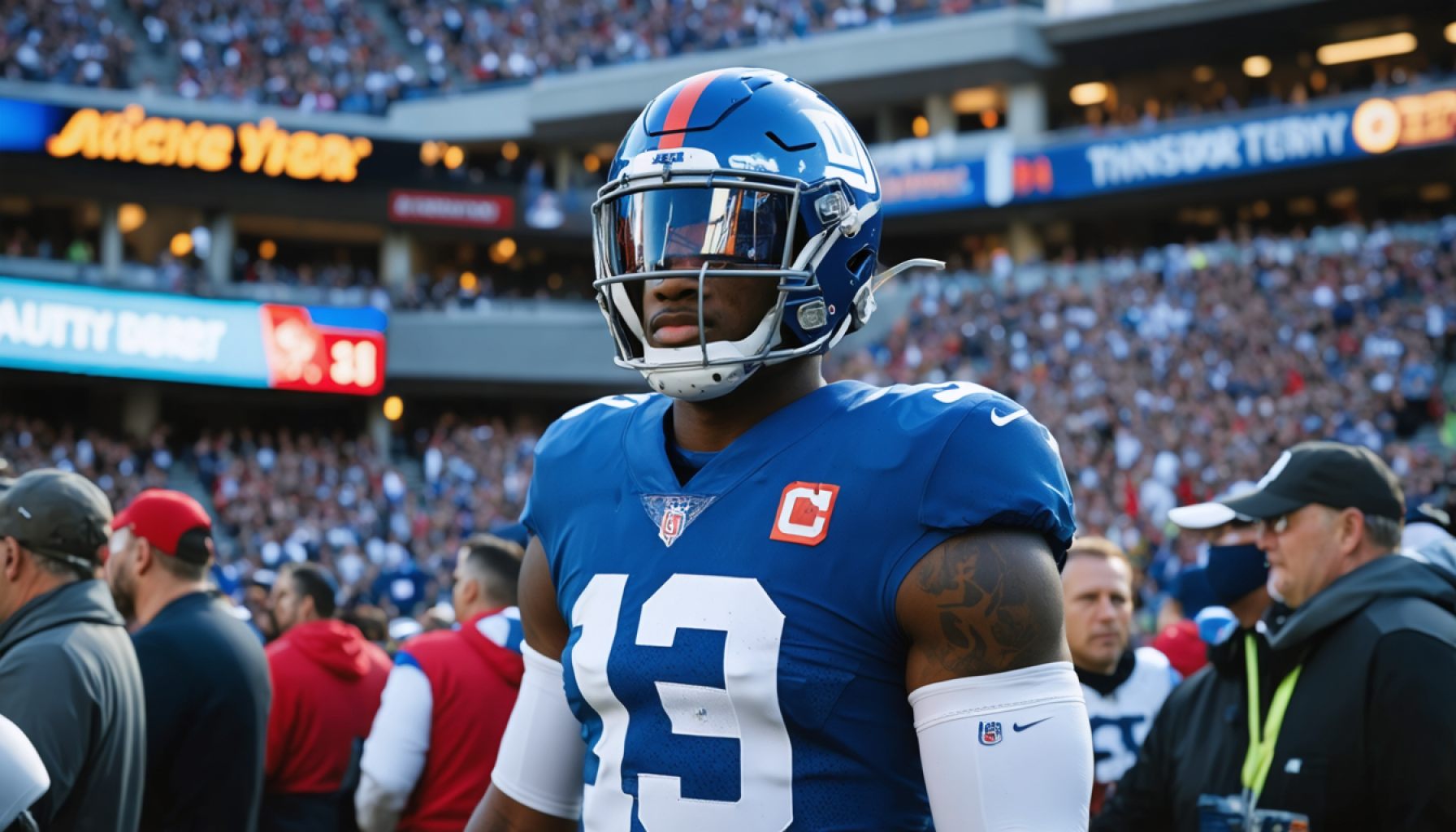- The Giants’ spring training in Ginowan marks the beginning of a new chapter with a focus on a promising new pitcher-catcher duo.
- The team acquired a new catcher from the free-agent market, building a strategy with the emerging ace that blends optimism with caution.
- Transitioning to a new league introduces challenges in trust and communication, where every pitch and sign is crucial.
- Precision and coordination between the pitcher and catcher require intuitive understanding that develops over time.
- Veteran catchers, seasoned by past championships, provide depth and experience from the dugout, ready to step in if required.
- The Giants’ growth emphasizes the reality that great teams are developed through patience, shared vision, and time.
- As the new ace aims for personal bests, the catcher adapts to new roles, embodying a journey to redefine the team’s legacy.
Under the sunlit skies of Ginowan, spring training stirs with possibility as the Giants embark on a new chapter. The fresh battery pairing has become the talk of the town. This evolving partnership hints at potential triumph but underscores the challenges of synergy in competitive baseball.
A newly acquired catcher, full of promise and from the free-agent realm, takes the helm with the emerging ace. Together, they weave a nascent chemistry on the field, orchestrating their strategy with a palpable yet cautious optimism. Transitioning leagues tests even seasoned athletes, where every pitch and every sign becomes a crash course in trust and communication.
Imagine the crack of bats echoing against a backdrop of strategic nuances. An attempted safety bunt exposes a split-second decision gone awry, highlighting the intricate dance between pitcher and catcher. Precision remains a work in progress, demanding not just skill but an intuitive understanding that months—sometimes years—forge.
Yet, as the team knits its ambitions, the shadows of seasoned giants linger. Veteran catchers, seasoned by previous championship crusades, watch from the dugout, their presence a reminder of the depth in this evolving chapter. They whisper experience, ready to reclaim the throne should the need arise.
As the spring breeze carries anticipation across the diamond, a singular truth emerges: Great teams are sculpted not overnight, but through patience and shared vision. The Giants’ newest ace steps forward, unfurling dreams of personal bests, while the catcher navigates the delicate tapestry of newfound turf. Their journey speaks to all teams daring to redefine their legacy in the heart-pounding world of baseball.
The Giants’ Spring Training: How a New Pitcher-Catcher Duo Can Transform a Season
How-To Steps & Life Hacks: Building a Successful Pitcher-Catcher Relationship
1. Establish Clear Communication: Effective pitcher-catcher communication is crucial. They should discuss each game’s strategy, preferred pitches, and any signals thoroughly before stepping onto the field.
2. Practice Consistently: Frequent practice sessions focusing on timing, signaling, and pitch types ensure both players understand each other’s style and strengths fully.
3. Leverage Technology: Use video analysis to review performances. This helps in identifying areas of improvement and understanding each other’s in-game tendencies.
4. Build Trust Off the Field: Developing a personal relationship off the field can significantly impact on-field chemistry. Activities like team lunches or casual hangouts can strengthen this bond.
5. Stay Adaptable: Both players should be open to feedback and willing to adjust their strategies as they learn more about each other and encounter different opponents.
Real-World Use Cases
– The Chicago Cubs: The successful partnership between Jon Lester and David Ross was crucial in the 2016 World Series campaign. Their mutual understanding and communication were key to the Cubs’ triumph.
– The Los Angeles Dodgers: Clayton Kershaw and Austin Barnes have showcased how shared experience and mutual trust can lead to dominant performances on the mound.
Market Forecasts & Industry Trends
The MLB market is seeing an increased emphasis on analytics and player stat tracking technology. This trend is transforming how players, especially pitchers and catchers, prepare for games. Teams investing in these technologies are more likely to gain competitive advantages.
Controversies & Limitations
– Transitioning Leagues: Players moving from different leagues face adaptation issues due to varying styles and preferences, making it challenging to immediately succeed.
– Pressure from Veterans: New players may feel pressure from veteran teammates, which can affect performance. Balancing respect for experienced players while building a new dynamic can be challenging.
Features, Specs & Pricing: Modern Tools for Training
– Pitch Tracking Systems: Devices like Rapsodo or Trackman offer detailed analytics on pitch speed, spin rate, and trajectory, aiding pitchers and catchers in refining their strategies.
– Virtual Reality Training: Platforms like WIN Reality provide immersive training environments that can simulate game situations for better mental preparation.
Security & Sustainability: Keeping Player Health in Focus
With the increasing demands of baseball, player health and injury prevention have become crucial. Advanced wearables and monitoring tools help track player fatigue and stress levels, helping teams take preemptive measures and ensure sustainability.
Insights & Predictions
As pitcher-catcher dynamics continue to evolve with technological integration, we can expect to see refined strategies and enhanced in-game decision-making. The Giants’ new pairing might set a precedent for other teams aiming to blend fresh talent with analytical insights.
Pros & Cons Overview
Pros:
– Potential for a fresh strategic approach
– Opportunity to build a new legacy
– Utilization of modern training advancements
Cons:
– Time required to build chemistry
– Pressure from media and veteran teammates
– Adjustment to new league dynamics
Recommended Actionable Tips
1. Stay Updated: Teams should keep abreast of the latest technological advancements in player training systems.
2. Prioritize Team Building: Establishing a robust team culture around trust, communication, and strategic dynamism could lead to better performance.
3. Embrace Analytics: Leverage data-driven decisions to optimize training and game strategies, ensuring a competitive edge on the field.
For more on the latest in the world of sports and team dynamics, visit the MLB official site.
